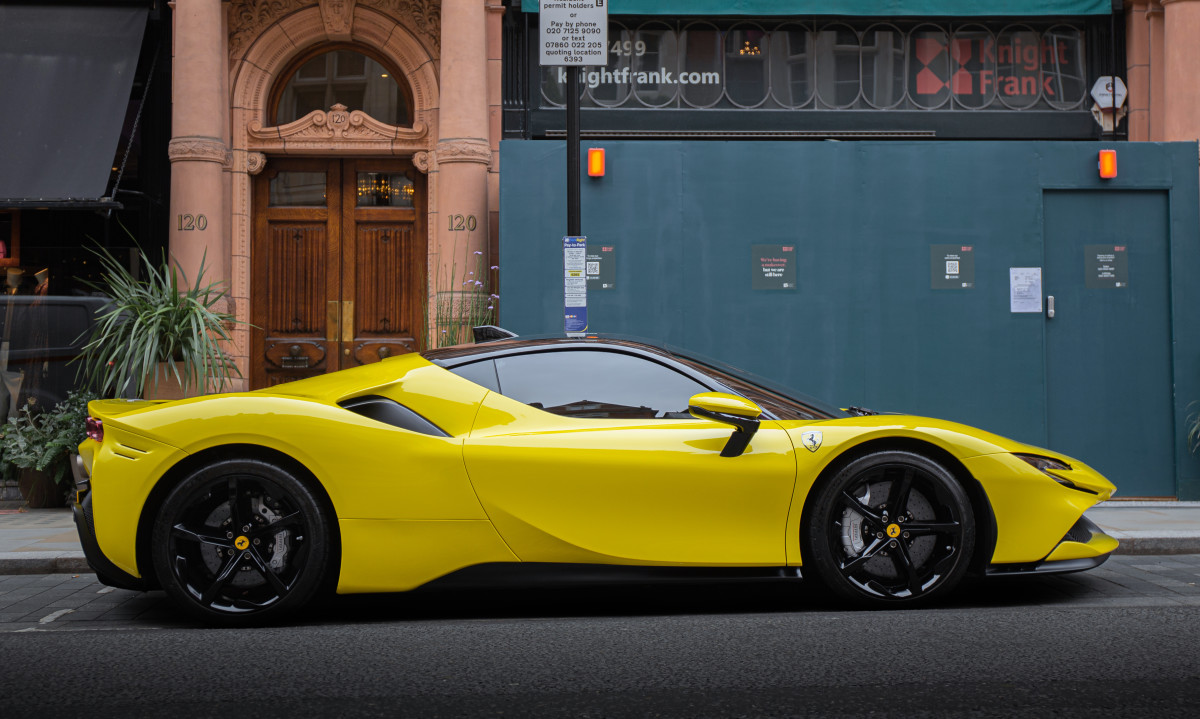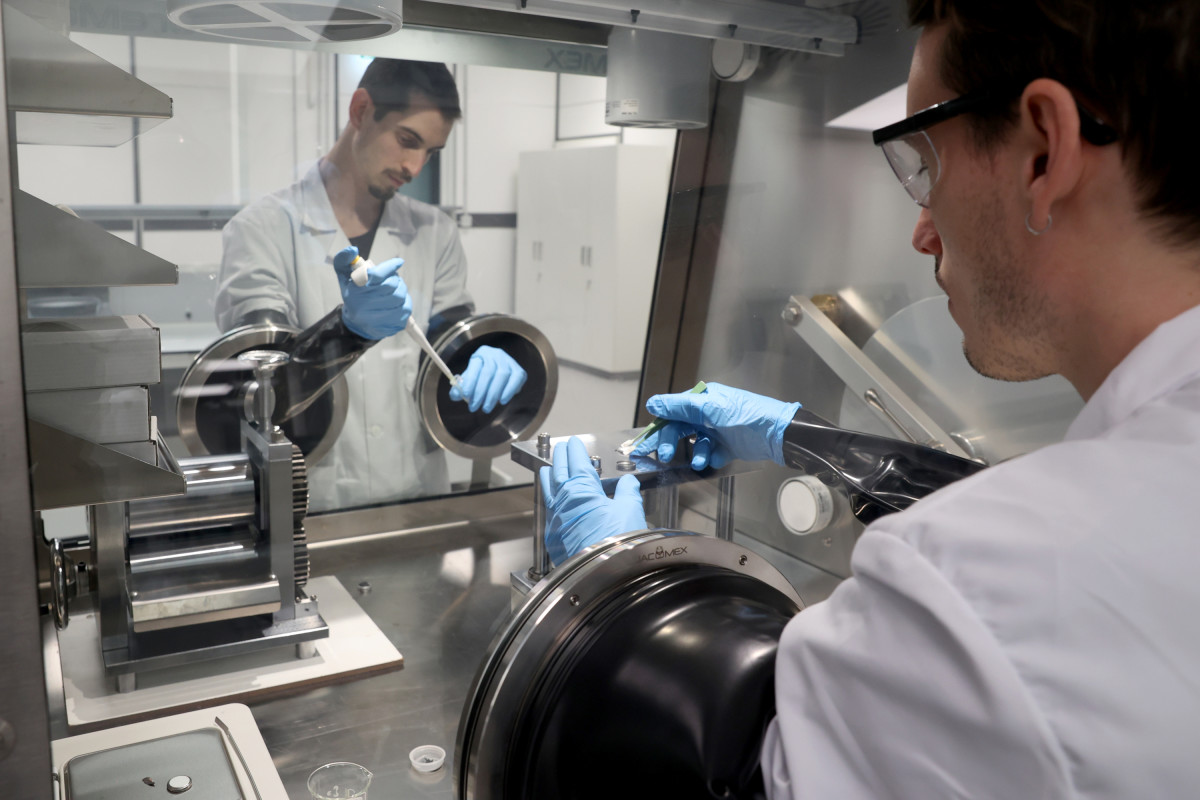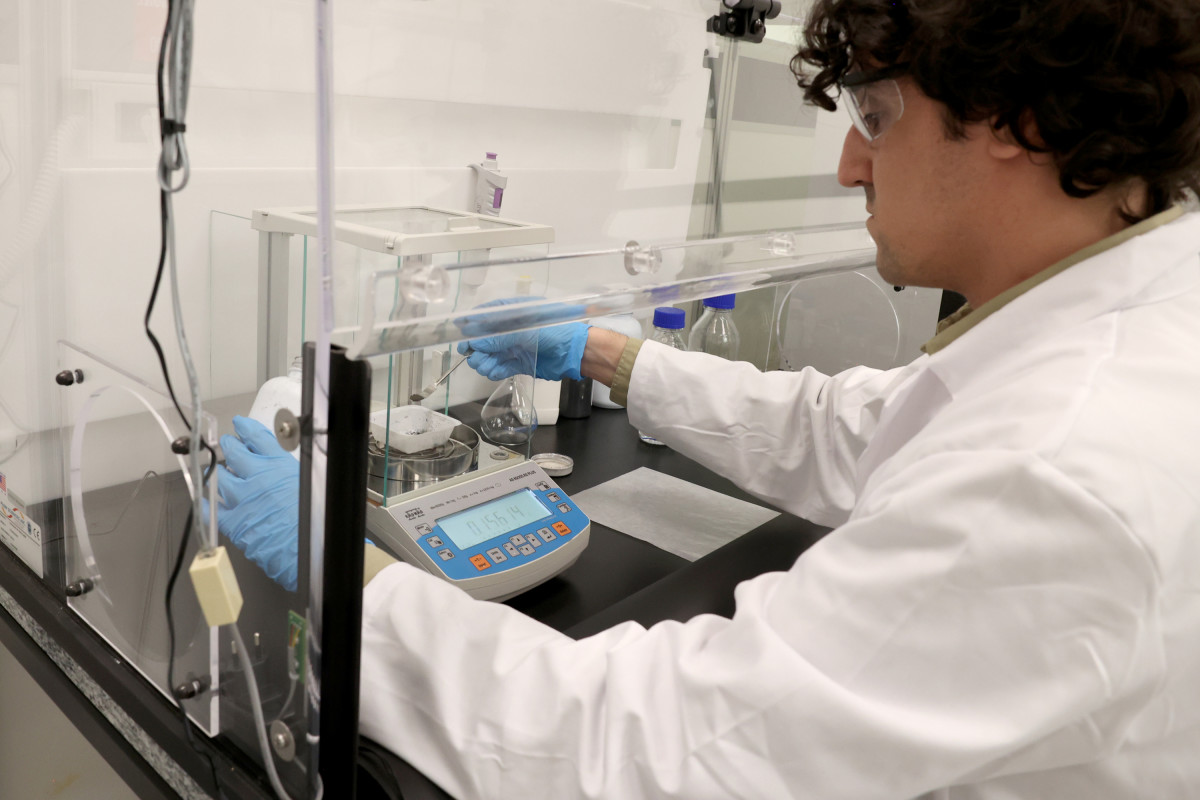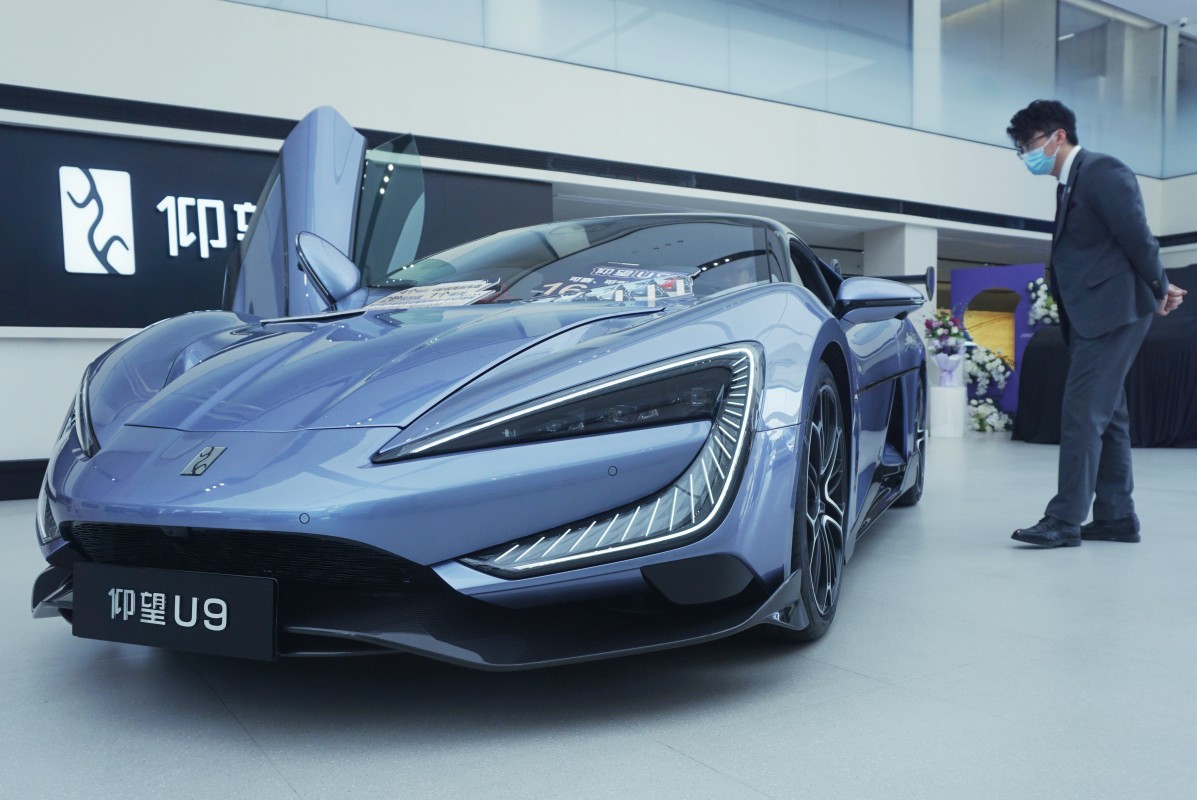
Like most automotive brands, the future of sports car brands like Ferrari (RACE) is defined by the advent of high performance electric-powered vehicles.
Though rivals like Lamborghini can claim that their EVs will be an "emotional" experience, Ferrari is pouring in major amounts of money into actual key research for its electric future.
Related: Get ready for $5-a-gallon gasoline

Ferrari
Dubbed the 'E-Cell Lab,' Ferrari's new venture is a research center for electrochemistry that aims to gain knowledge of the materials, as well as the chemical and physical properties of lithium-cell batteries — the kind of batteries that are used in battery-electric vehicles.
Opened in collaboration with Dutch electronics company NXP (NXPI) and the University of Bologna, the facility is separated into two distinct areas that use cutting edge equipment to closely examine all the elements in and around lithium-cell batteries.
One part of the facility is dedicated to preparing electrochemical materials in batteries, while the other is dedicated to analyzing, testing and documenting the characteristics of said materials. The research done at the lab will be particularly focused on certain aspects of the EV experience, such as solid states, fast charging, thermal charging, cell safety and performance.

Ferrari
Ferrari says that the research conducted at the lab will be shared with both NXP and its battery cell suppliers in order to fully optimize the batteries that will eventually land in cars bearing the badge of the prancing horse.
"E-Cells Lab represents an exciting beginning and demonstrates our commitment to education and research. The project also reflects the importance that the confluence between the academic and business worlds has always had for us," Ferrari CEO Benedetto Vigna said in a statement. "Today, from this confluence comes a laboratory that will make an important contribution to studies in the field of electrochemistry, generating innovation in our local area and building the skills of the future."
Currently, Ferrari offers electrified models in the form of plug-in hybrids like the 296 GTB and 296 GTS, as well as the SF90 Stradale and SF90 Spider, which combine twin-turbocharged engines with a dedicated hybrid powertrain. In March 2024, the Italian brand signed a memorandum of understanding with South Korean EV battery company SK On to continue its exclusive partnership.
More Business of EVs:
- A full list of EVs and hybrids that qualify for federal tax credits
- Here’s why EV experts are flaming Joe Biden’s car policy
- The EV industry is facing an unusual new problem

Ferrari is facing increased competition not only from its rivals in Italy, but from groundbreaking automakers from China such as BYD (BYDDY) . In February 2024, the mass-market, EV powerhouse known for pumping out the sub-$14,000 Dolphin hatchback introduced a supercar called the Yangwang U9.
According to BYD, the U9's four electric motors make a total of 1,287 horsepower and 1,200 lb-ft of torque. Thanks to an all-wheel-drive system, the U9 can go from 0 to 100 kilometers per hour (0-62 mph) in just 2.36 seconds, and is good for a top speed of 192 miles per hour and a quarter mile time of 9.78 seconds — numbers that set the sub-$300,000 electric wizard to be a great deal against Ferrari's $528,764 SF90 Stradale.
Ferrari aims to release its first fully-electric model in 2025.
Related: Veteran fund manager picks favorite stocks for 2024







